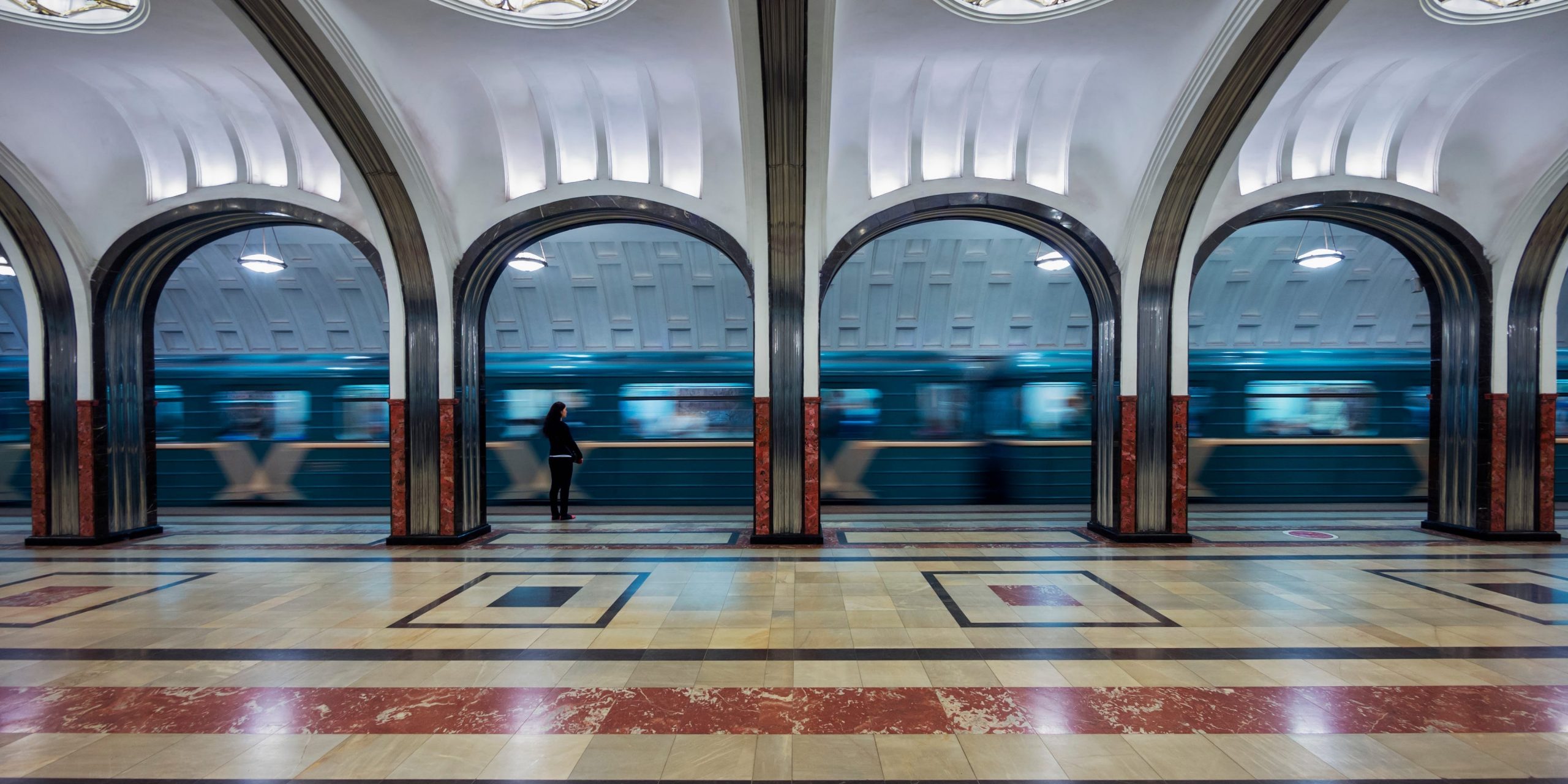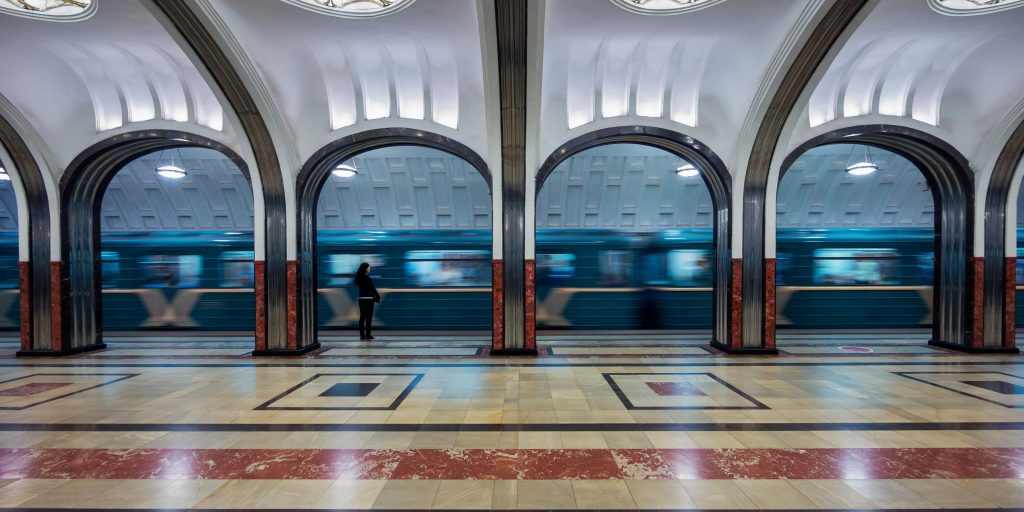
Jon Hicks/Getty Images
- Moscow's metro has unveiled a facial recognition-based payment system, The Guardian reported.
- Riders can now pay at more than 240 stations without needing a card, cash, or phone.
- But privacy advocates worry the cameras could expand Moscow's ability to crack down on dissent.
Moscow Metro rolled out new facial recognition technology on Friday, allowing customers to pay for rides using only their faces, The Guardian reported.
The new service, Face Pay, requires riders to upload their photo, bank card, and metro card information to a mobile app, enabling riders to pass through turnstiles by simply glancing at cameras positioned nearby, according to The Guardian.
Face Pay launched at more than 240 rail stations across Moscow Metro, Europe's busiest metro system with around 9 million passengers daily.
"Moscow is the first in the world to introduce Face Pay on such a scale. The technology is new and very complex, we will continue to work on improving it," Moscow Mayor Sergey Sobyanin tweeted, according to a translation by The Guardian.
Maxim Liksutov, Moscow's deputy mayor for transport, said in a press release that his ministry expects 10% to 15% of riders to enroll in Face Pay within the next two to three years but added that other payment systems aren't going anywhere as of now, citing a report by independent Russian news agency Interfax.
While Russian officials touted the technology as a way to reduce wait times, especially during peak hours, privacy advocates raised concerns about Face Pay expanding Russia's state surveillance apparatus.
"This is a dangerous new step in Russia's push for control over its population," Stanislav Shakirov, founder of digital privacy and government transparency group Roskomsvoboda, told The Guardian.
"We are moving closer to authoritarian countries like China that have mastered facial technology," Shakirov added. "The Moscow metro is a government institution and all the data can end up in the hands of the security services."
Moscow has recently expanded its CCTV camera network, and has installed around 175,000 of its planned 200,000 surveillance cameras.
But Reuters reported in 2020 that Moscow has used the cameras to suppress protests against President Vladimir Putin and is facing multiple lawsuits accusing it of enabling a black market that allows ordinary people to spy on others using that same network.
Dit artikel is oorspronkelijk verschenen op z24.nl

